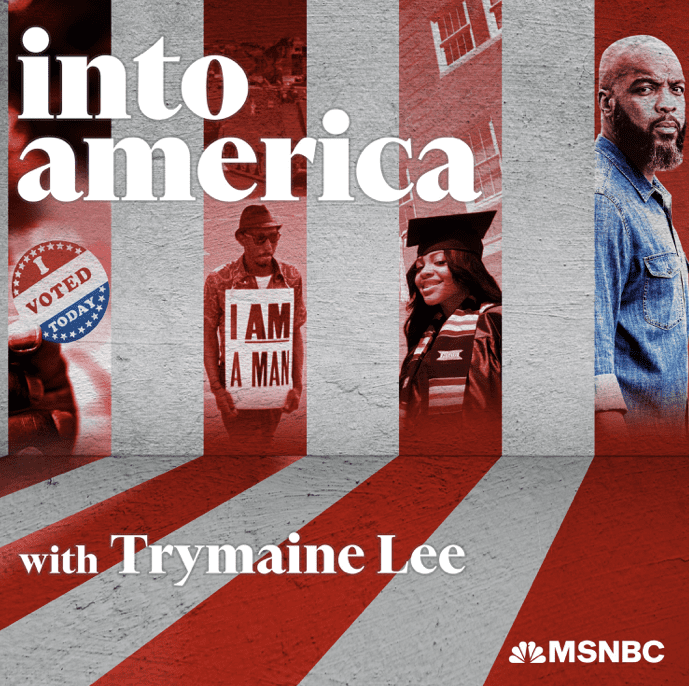As hip-hop found its rhythm in the late 80s and early 90s, artists had to grapple with the scars of violence the drug war was causing within the community, using music videos like “Self Destruction” to hold each other accountable, and trying not to unravel in the face of what was happening in the streets.
This is also when hip-hop began to expand outside of New York, to Los Angeles, where California’s own policies and structures were shaping the rise of gangsta rap.
These movements culminated in the so-called “golden age” of hip-hop, a time of maturing and sophistication in the music. But along with that maturity came uncertainty from national leaders, and a new wave of commercialization that threatened to unravel this political artform.
On this episode of “Street Disciples,” Trymaine Lee hears from: Daddy-O from the hip-hop group Stetsasonic, rapper and producer The D.O.C., Video Music Box’s Ralph McDaniels, radio host Bobbito Garcia, writer Nelson George, and journalist Davey D.
Note: this episode contains several instances of profanity.
Follow and share the show on Twitter, Facebook, and Instagram, using the handle @intoamericapod.
Thoughts? Feedback? Story ideas? Write to us at intoamerica@nbcuni.com.
For a transcript, please visit our homepage.
For More:
- Street Disciples: The Concrete Jungle
- Street Disciples: Broken Glass Everywhere

